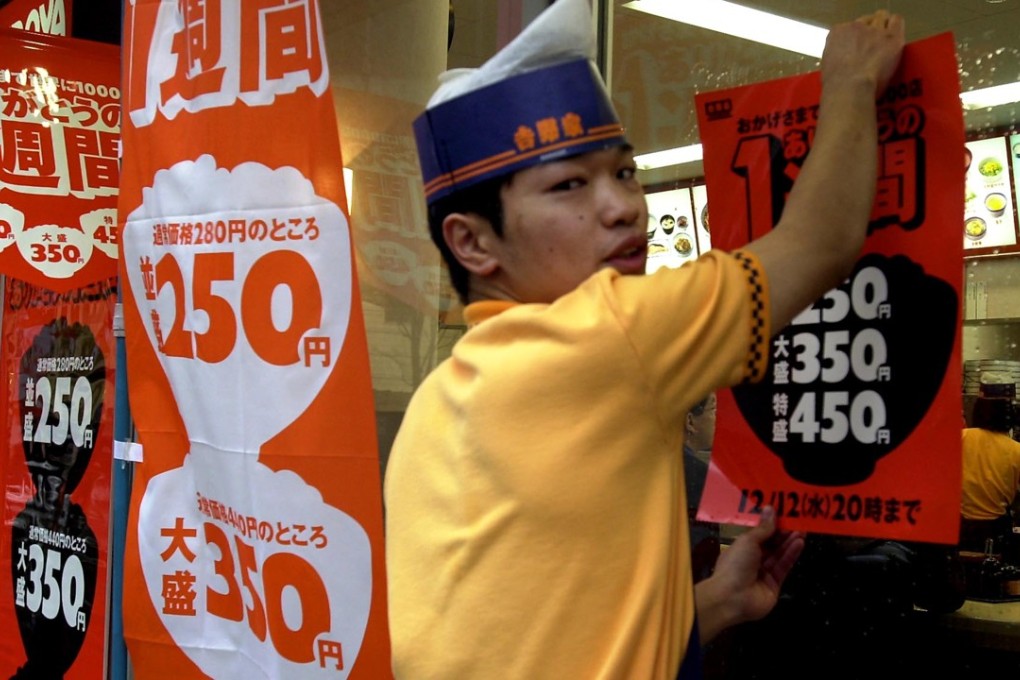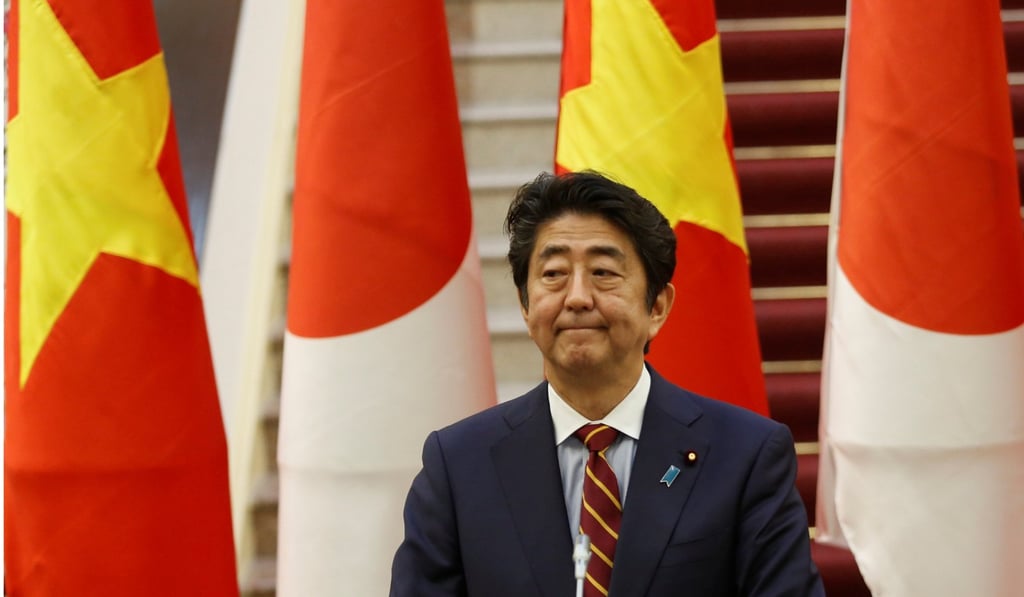Japan’s open to foreign workers. Just don’t call them immigrants
Facing an ageing, shrinking workforce, Tokyo flirts with breaking a taboo surrounding immigration by preparing to welcome half a million low-skilled foreign workers

In a clear departure from its former stance, Tokyo is vowing to greet low-skilled foreign workers with open arms in an effort to offset labour shortages caused by its ageing population.
Under the new policy, the government plans to create a new five-year visa category, through which Japan would receive 500,000 low-skilled labourers by 2025. The newcomers are expected to work in five sectors that have been suffering from an acute labour shortage: nursing care, lodging, agriculture, construction and shipbuilding.

Fears of lost jobs have long made immigration a taboo subject for Japanese politicians, and in the past the country has only accepted high-skilled talent from overseas. Even with the change, the government insists the new policy is not equal to receiving immigrants.